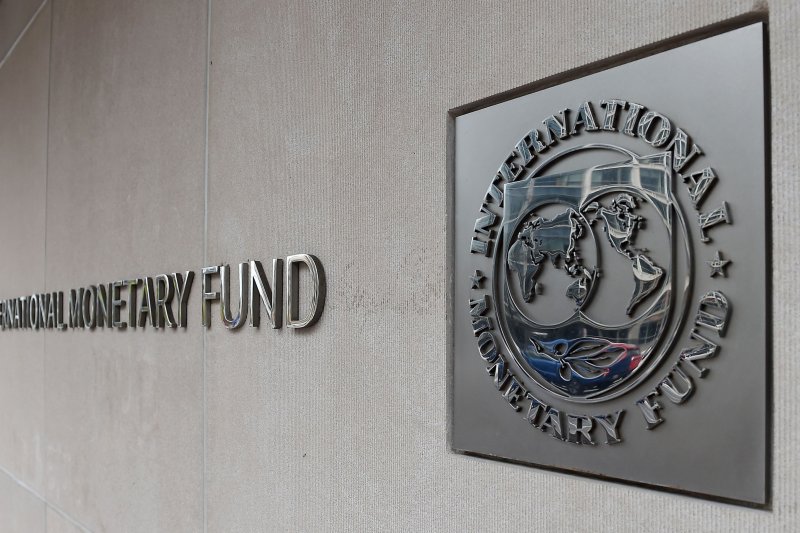Albania Economy to Reach Pre-Crisis Level This Year
The International Monetary Fund (IMF) is optimistic that the Albanian economy will reach the pre-crisis level this year.
In the data published in the Global Economic Outlook in April, the IMF predicts that Gross Domestic Product (GDP), at current prices in 2020 will reach about ALL 17.1 billion, exceeding the pre-pandemic level. Earlier, the fund predicted that the pre-crisis level could only be overcome in 2022.
The revision came as the IMF improved its forecast for economic performance for 2020, with a drop of -3.5%, from -7.5% which was the initial expectation a year ago, when the pandemic had just begun.
The review came in line with official INSTAT publications, according to which the economy shrank by 3.31% in 2020, less than the government's own expectations of -4.5%. The most pessimistic was the European Bank for Reconstruction and Development, which expected a -9% contraction in 2020, given the high dependence of the economy on tourism.
In the region, Albania has the lowest decline after Serbia (-1%). The Balkan country most affected by the pandemic in 2020 was Montenegro, with -15.2%, having the most negative performance from all over developing Europe. North Macedonia shrank by -4.5%, Kosovo by -6%, Bosnia and Herzegovina by -5.5%.
Another highly dependent country on tourism, Croatia, shrank by -9%, according to IMF charts. The only country with growth in developing Europe is Turkey, with + 1.8%.
According to INSTAT, the economy lost EUR 560 million from the pandemic. In 2020, the economy lost about ALL 71 billion (EUR 560 million), as a result of the pandemic that turned almost all sectors in the country upside down.
According to INSTAT data, Gross Domestic Product (GDP), which calculates the value of final goods and services produced by the economy in a given period, in 2020 was 1.61 trillion (almost EUR 13 billion), from ALL 1.68 trillion in 2019, shrinking by -4.2% in nominal value and -3.3% in real value (including the GDP deflator of -0.9%, which is negative, although the average inflation in 2020 was 1.6 %!).
Detailed annual data of INSTAT, processed by "Monitor" show that out of 11 main economic activities, only 3 of them were increasing, "real estate", "construction" and public administration; education; health â€. All other sectors were declining, stronger in the group “Trade; transport; accommodation and food service activities â€, which directly suffered the consequences of travel restrictions and bans, as well as in industry.
Despite low economic downturn figures, key employment generators have taken a hard hit. The two sectors with the highest decline “Trade; transport; accommodation and food service activities â€and industry have a total of 340 employees according to INSTAT, or 64% of employees in the private non-agricultural sector.
(Source: Monitor)













